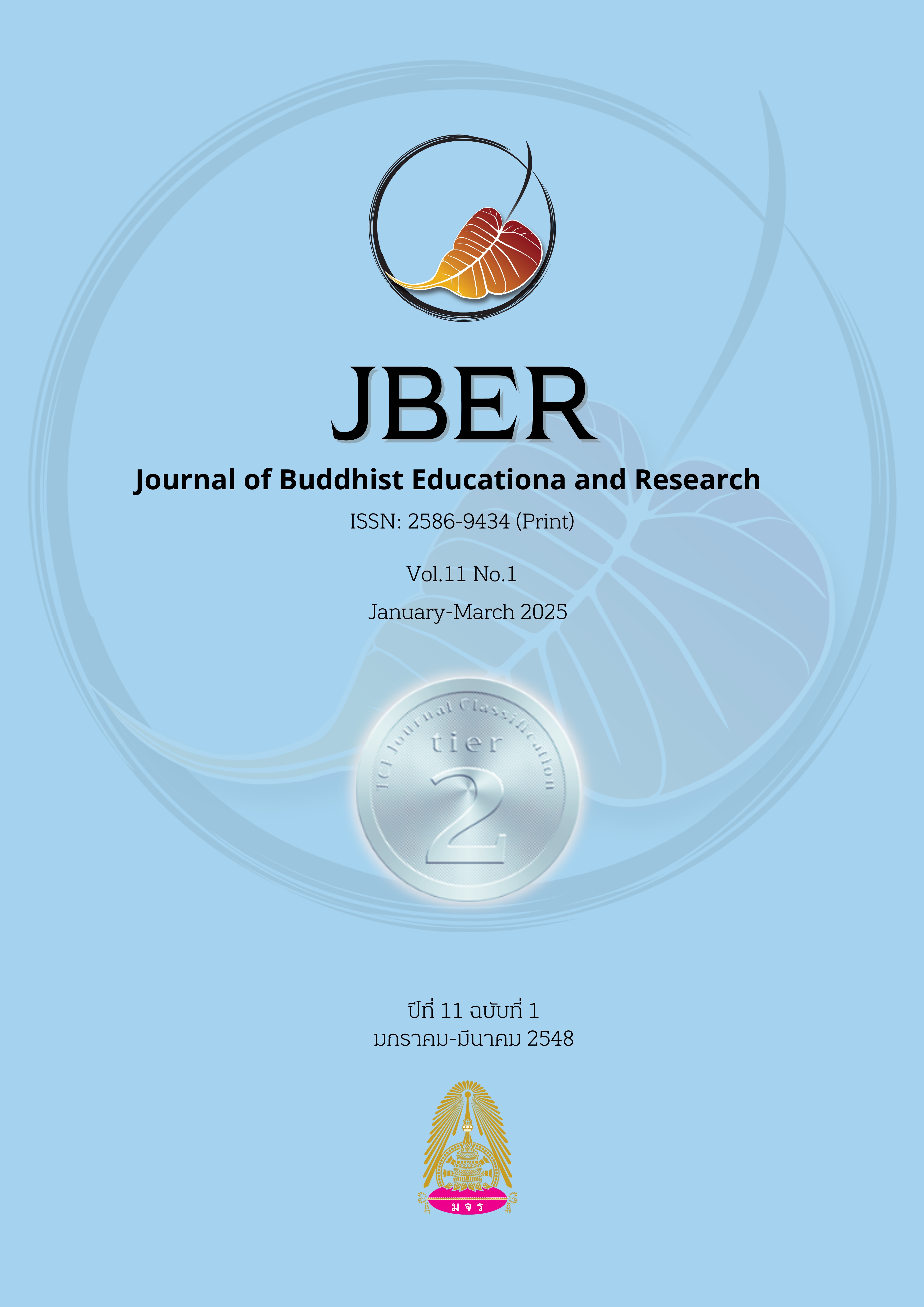Music Education: The Chinese Bel Canto Theory of Peking University’s Opera Research Institute: A Case Study of the Opera Jiang Jie
Keywords:
The Chinese Bel Canto Theory, Opera Research Institute, Peking University, The Opera Jiang JieAbstract
This paper examines the application of Chinese Bel Canto theory, as articulated by the Peking University Opera Research Institute, through a detailed case study of the opera "Jiang Jie." This notable work centers on the life and struggles of Jiang Jie, a female revolutionary during the Chinese Civil War. The opera explores themes of loyalty, sacrifice, and heroism, highlighting Jiang Jie's dedication to her cause and the emotional turmoil she experiences in her fight against oppression. The research method is qualitative research, which mainly combines the literature review and Field Research. The findings found that, the study explores how vocal techniques and body language enhance character portrayal and emotional depth. Key findings reveal that skilled manipulation of sound dynamics—encompassing variations in intensity, timbre, and rhythm—enables performers to convey complex emotional states effectively, thereby reflecting the inner lives of their characters. Furthermore, the research underscores the significance of synchronizing vocal expression with physical movement, resulting in a more vivid and impactful theatrical experience. Ultimately, this study examines how Bel Canto principles shape contemporary Chinese opera, enhancing emotional depth and artistic impact in 'Jiang Jie’. This analysis enhances our understanding of how Western vocal traditions intersect with Chinese operatic practices, highlighting the ongoing evolution of performance art in China.
References
Chen, X. (2020). Reflections on the characteristics of Chinese opera art. Art Appreciation, 2020(23), 166-167.
Gao, M. (2017). On the application of ethnic, bel canto and pop singing in singing [Master's thesis, Xi'an Conservatory of Music].
Luo, Q. (2019). On the convergence tendencies of national singing and bel canto in vocal education [Master's thesis, Sichuan Normal University].
He, Y. (2016). The origin and development of bel canto in China. Voice of the Yellow River, 2016(1), 59.
Jin, R. (2018). The origin and development of bel canto singing. Northern Music, 2018(10), 15.
Jiang, Sh. (2017). The origins and development of bel canto. Art Evaluation, 5(3), 70-72.
Tao, Y. (1994). A draft history of Western music exchange. Beijing: Encyclopedia of China Publishing House.
Wang, N. (2022). A study on the paradigm of Chinese opera singing [Doctoral dissertation, Northeast Normal University].
Wang, X. (2024). Exploration and development of original Chinese operas: Taking Ye Xiaogang's Ode· Farewell as an example. Artist, 7(1), 155-157.
Zhang, Z. (2017). Taking the opera "Jiang Jie" as an example, on the musical shaping of the character image. Northern Music, 2017(10), 97.
Zhu, F. (2016). Research on vocal works in Chinese folk opera [Master's thesis, Yanbian University].
Downloads
Published
How to Cite
Issue
Section
License
Copyright (c) 2025 Journal of Buddhist Education and Research (JBER)

This work is licensed under a Creative Commons Attribution-NonCommercial-NoDerivatives 4.0 International License.





